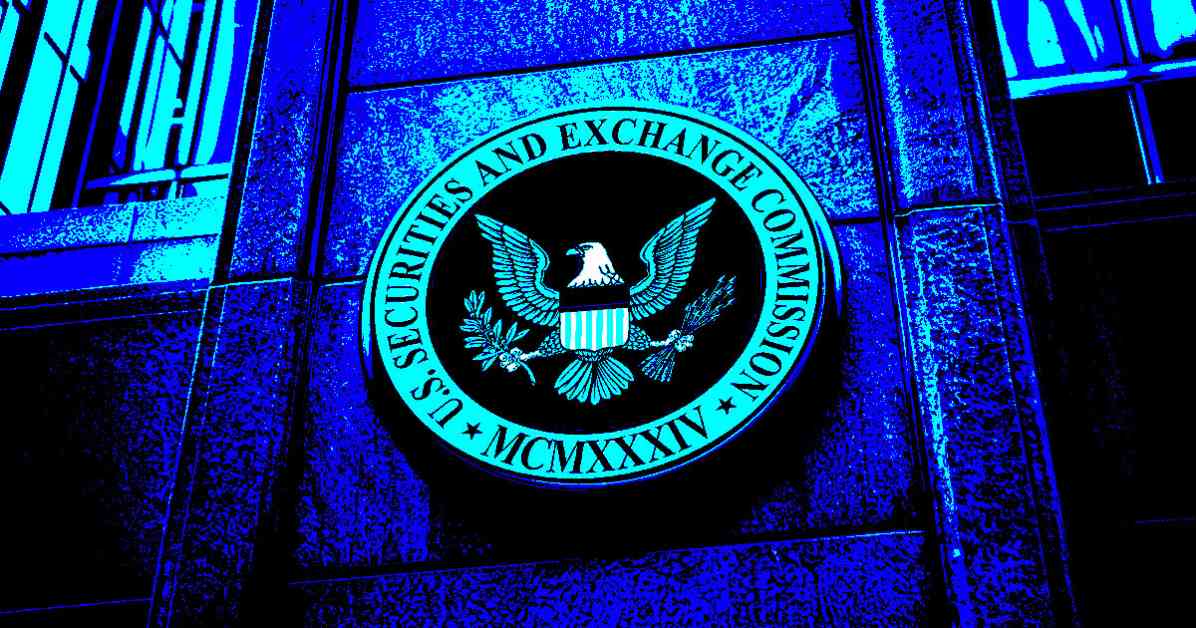The US Securities and Exchange Commission (SEC) recently distributed $4.6 million to investors who participated in BitClave’s initial coin offering (ICO) back in 2017. This distribution comes after unresolved discrepancies in the total funds raised by the defunct crypto startup.
BitClave’s ICO was a major success, raising $25.5 million in just 32 seconds by selling its Consumer Activity Token (CAT) to thousands of investors. However, the SEC, led by then-Chair Jay Clayton, filed charges in 2020, claiming that the offering violated securities laws. BitClave settled the charges without admitting guilt and agreed to surrender the $25.5 million raised, as well as an additional $4 million in interest and penalties.
As part of the settlement, BitClave also agreed to destroy any uncirculated CAT tokens and requested exchanges to remove the digital assets from their platforms. The establishment of the BitClave Fair Fund was meant to compensate affected investors, with a total of nearly $29 million allocated to the fund.
Despite the agreement, discrepancies arose as BitClave had only paid $12 million towards the fund by February 2023, according to SEC records. This left $7.4 million unresolved, raising questions about the remaining amount. Neither the SEC nor the fund administrator has provided any comments on this matter, leaving investors in the dark about the discrepancy.
The BitClave case serves as a reminder of the regulatory challenges faced during the ICO era and highlights the SEC’s dedication to safeguarding investors. While the SEC assured eligible recipients that compensation is underway, the unresolved fund discrepancies continue to linger, underscoring the complexities of legal issues stemming from the ICO boom.
Investors who participated in BitClave’s ICO and are eligible for compensation were required to submit their claims by August 2023. The SEC began notifying applicants of their status by March 2024, signaling progress in addressing the aftermath of one of the many legal battles from the ICO era.

















